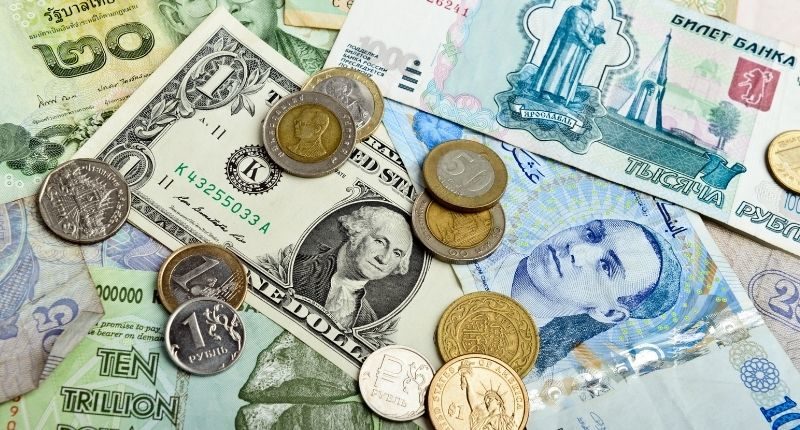- Across all sectors, approved investments increased from $195.5B to $233B
- Commercial property investment almost doubled
- Untied States the top investor overall
The Foreign Investment Review Board have released their annual report which has shown that while the number of applications to invest declined, the total value increased.
Approved investments increased from $195.5 billion in 2019-20 to $233 billion in 2020-21, a 19% increase.
It should be noted this data reflects investor intentions, as opposed to actual purchases. There may be investors who obtain approvals, but wish to not proceed.
The United States once again was the top source of proposed investment by value followed by Singapore, Canada, China and Germany. It should be noted that Germany and Canada are not among Australia’s top 10 largest trading partners.
Commercial real estate
Overall, investments in real estate accounted for 39% of the total approvals, with 35% of these for commercial and the remaining 4% for residential.
Commercial real estate attracted $82 billion of proposed investment – a whopping increase of $43.2 billion compared to the year before. The number of investment proposals almost doubled from 440 approvals in the previous to 862 last year.
Unsurprisingly, the bulk of commercial real estate investment went to New South Wales and Victoria, receiving approvals valued at $18.7 billion and $8.2 billion respectively.
Residential real estate
On the other hand, residential real estate decreased by $6.7 billion to $10.4 billion. Of the seven categories listed in the report, residential received the lowest value of approvals after Agriculture, Forestry and Fishing.
Foreign residential investors were approved for a total of 4,384 residential real estate investments, down by 37.8%.
Vicotria ranks first for the share of residential real estate investment compared to the other states and territories followed by Queensland and New South Wales. Just 1% of foreign residential real estate was for properties in the Northern Territory.
The countries with the most approved residential real estate investment were similar to commercial; United States, Singapore, Germany, Canada and China.
What does this all mean?

Daniel Ho, Juwai IQI co-founder and group managing director and The Property Tribune contributor, said the demand for residential real estate was down thanks to the pandemic and associated restrictions.
He also noted that it is harder to finance a purchase in Australia as a foreign buyer given stamp duties are high along with foreign investment application fees. There was also a surprising factor.
“Another factor holding down the number of applications is actually making it easier for foreign buyers,” said Mr Ho.
“Foreign buyers now only need a single approval, no matter how many properties they have to look at before they buy one. Under the old system, buyers needed approval each time they hoped to buy a property.
If a deal fell through, they would need to go through the approval process again on the next property that they sought. This reform is very welcome. “
Mr Ho noted that Queensland received more investment than New South Wales for the first time.
“Queensland is more affordable, offers a great lifestyle, and has abundant new development property for sale. In New South Wales, high construction costs, unaffordability, and constrained infrastructure contributed to the lower number of purchases.”
Daniel Ho
Despite this, Mr Ho believes that Australia remains highly attractive to foreign buyers.
‘The high costs are balanced out by its strong educational offering, lifestyle benefits, proximity to Asia, and dependable markets and economy.
“The fact that total approved for an investment increased 19% despite the pandemic demonstrates how good Australia’s brand is.
“It also shows how much the country depends on foreign capital achieve its potential. In a year of unprecedented global disruptions to trade, investment and travel, Australia still came out a winner.”








